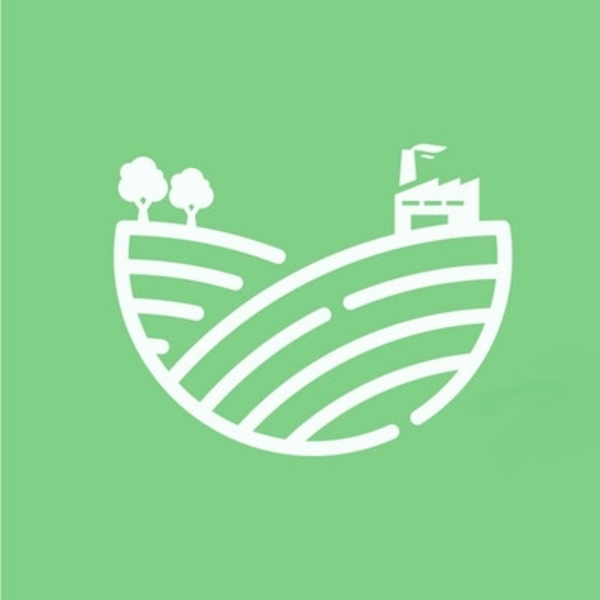Price:
3887 EUR
Contact
Erasmus University Rotterdam
Description
The 8-week course is designed in 3 phases that move the participants from ideation towards the successful implementation of a new sustainable business model for landscape restoration with 4 returns: return of natural capital, return of social capital, return of inspiration and return of financial capital. This course was created by the ENABLE consortium: Commonland, United Nations University Land Restoration Training Programme, Spanish National Research Council CSIC, Nova School of Business & Economics, Rotterdam School of Management, and Erasmus University.
Building on our ENABLE’s first MOOC "A Business Approach to Sustainable Landscape Restoration" (https://www.coursera.org/learn/landscape-restoration-sustainable-development/home/welcome), this second MOOC focuses on the potential for a positive role of business model innovation for landscape restoration, highlighting the following elements:
- Vision Formulation
- Systems Analysis
- Stakeholder Analysis
- Opportunity Analysis
- Business Model Design
- Solution Validation
- Assessment & Monitoring
- Reflection & Iteration
This new course furthermore takes a partnership approach to take on the challenge of large-scale landscape restoration, reflecting the interconnectedness of ecology, society and economy in landscape management.
Interdisciplinary teams are needed to find and implement solutions to the wicked problem of landscape degradation, which is why this MOOC is designed to work preferably with a team. If it suits your circumstances best, you can certainly also work individually.
We have included three real-life cases of existing landscape restoration projects. For each step of the innovation process, we zoom in on those landscapes to show you how the theory looks in practice.
A case about the Hekluskógar woodlands restoration project, an ambitious large-scale restoration project in Iceland to restore the provision of valuable ecosystem services and increase resilience to natural disasters like tephra deposition from volcanic eruptions; a case about diversification of land use and cropping systems in Spain to prevent land degradation and help restoring already degraded land; and a case about the disastrous effects of forest fires in Portugal.
Additionally, MOOC participants are provided with other examples around the globe and numerous resources, such as reports, videos and platforms revolving around the business rationale for sustainable land management and business model innovation for landscape restoration.
Specific details
Category of Education
Business and Economics







 How to resolve AdBlock issue?
How to resolve AdBlock issue? 


Comments (0)